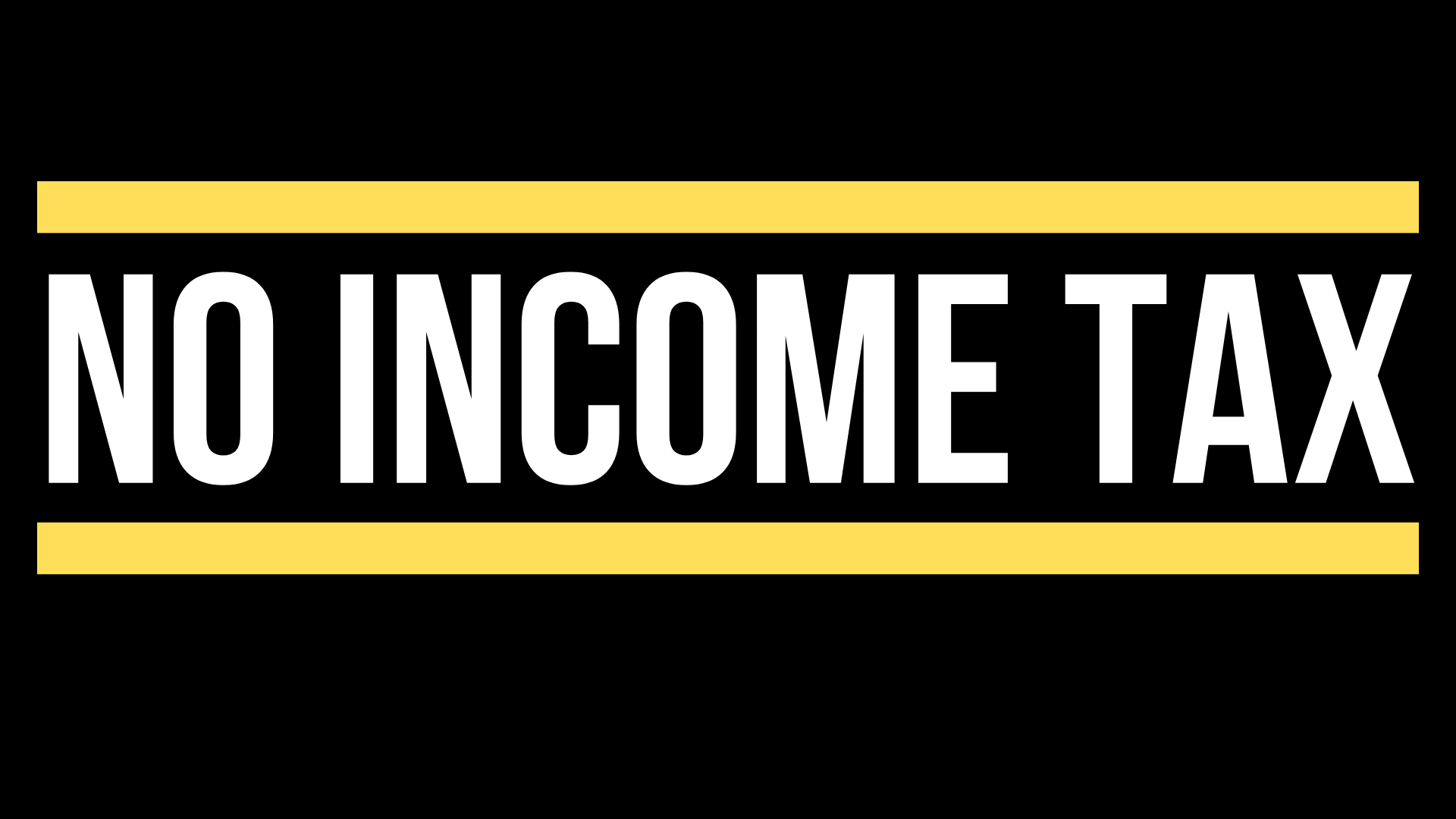This November Washingtonians will vote on Initiative 1033. The measure is sponsored by Tim Eyman and would create a new revenue limit for the state and several local governments with the goal of annually reducing property taxes.
Due to the similarities between I-1033 and Colorado’s Taxpayer Bill of Rights (TABOR), opponents of I-1033 have sought to compare the impact of TABOR in Colorado to what voters can expect to happen in Washington if I-1033 is enacted.
Without debating the details of I-1033, it is worth considering the claims about TABOR's impact in Colorado.
According to I-1033 opponents:
The opponents use a bevy of statistics to make their case.
As Mark Twain once noted, however, "There are three kinds of lies: lies, damned lies, and statistics."
Illustrating this observation, the Tax Foundation has come to a different conclusion about TABOR's effect in Colorado. In a report refuting some of the statistics cited, the Tax Foundation noted in 2005:
Contrary to the assertions of its opponents, the Taxpayer Bill of Rights has not decimated Colorado. In other measures of fiscal standing, not mentioned by the opponents of the Taxpayer Bill of Rights, Colorado compares very favorably to other states. Colorado’s per capita tax burden is the tenth lowest in the nation, ranks as the 8th friendliest business-tax climate (the highest ranking of any state with a sales tax and a corporate and personal income tax), and ranks as the state with the 2nd highest level of economic freedom. It is simply inaccurate to say that Colorado is a sub-standard state based on selectively cited statistics and national rankings, and even more inaccurate to blame the Taxpayer Bill of Rights for any perceived inadequacies.
I-1033 opponents also note the voters in Colorado ! suspended TABOR in 2005, purportedly proving their dislike for the results provided. While this temporary suspension until 2010 did occur, TABOR remains popular in Colorado. In fact, an effort to permanently repeal the TABOR state tax refunds (Amendment 59) failed in 2008 with 55 percent voting against. This means the people of Colorado have decided that TABOR will be back to its full force and effect in 2010.
Does this mean that I-1033 is good or bad policy? That's a debate that will go on till election day but it shouldn't hinge on misrepresenting Colorado's TABOR.
Additional Information
TABOR: What Was Said vs. What Really Happened
Exposing TABOR Data Games
TABOR Benefits ! Colorado's Citizens: A Response to Misleading Video




